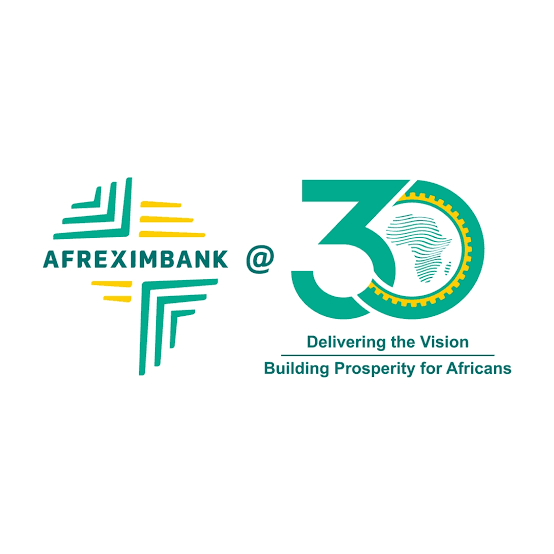A new Africa-led credit rating agency, the African Credit Rating Agency (AfCRA), is set to begin operations by the end of September 2025, offering a homegrown alternative to the dominance of global firms like Fitch, Moody’s, and S&P.
AfCRA will issue its sovereign rating between late 2025 and early 2026, according to Misheck Mutize, lead expert on credit rating agencies at the African Peer Review Mechanism (APRM), which operates under the African Union. The agency is currently finalizing the appointment of a Chief Executive Officer, with a shortlist already in place and an announcement expected in the third quarter of the year.
The launch of AfCRA is a direct response to mounting dissatisfaction among African policymakers who argue that the methodologies used by global rating agencies often misrepresent Africa’s credit risk, resulting in inflated borrowing costs and even sovereign defaults. Countries like Ghana and Zambia have openly criticized repeated downgrades they say contributed to their fiscal distress.
In a recent instance, APRM took issue with Fitch Ratings over its downgrade of the African Export-Import Bank (Afreximbank), accusing the agency of flawed analysis and a limited grasp of the African financial landscape. Fitch, in turn, defended its assessments as consistent and based on transparent global criteria.
To ensure impartiality and build credibility, AfCRA will not be owned by African governments. Instead, it will be supported largely by private-sector entities across the continent. According to Mutize, this structure is key to maintaining the agency’s independence and avoiding conflicts of interest.
AfCRA will primarily focus on local-currency debt ratings—a move aimed at supporting the development of domestic capital markets and decreasing reliance on foreign-currency borrowing. Mutize emphasized that AfCRA will not serve as a platform for favorable bias toward African nations. “We will issue downgrades where necessary,” he said, underlining the agency’s commitment to credibility and transparency.
Concerns over the fairness of global credit assessments are shared beyond AfCRA. The United Nations Economic Commission for Africa (ECA) recently called out the high cost of borrowing faced by African countries, blaming it in part on the way they are rated by the international credit agencies.
ECA Executive Secretary Claver Gatete noted the stark contrast in borrowing costs between African nations and wealthy countries. For example, Germany can borrow $1 billion at a 2.29% interest rate, costing around $229 million over a decade. Under current credit conditions, Zambia would pay up to $2.25 billion for the same amount—almost ten times more.
Gatete pointed out that major global rating agencies often assess Africa using external benchmarks, overlooking crucial domestic factors. Critics argue this leads to unfairly low credit ratings that distort the continent’s true economic potential.
AfCRA, by offering a more context-aware and locally grounded evaluation system, seeks to shift this narrative while helping African countries access fairer terms in global and regional financial markets.










